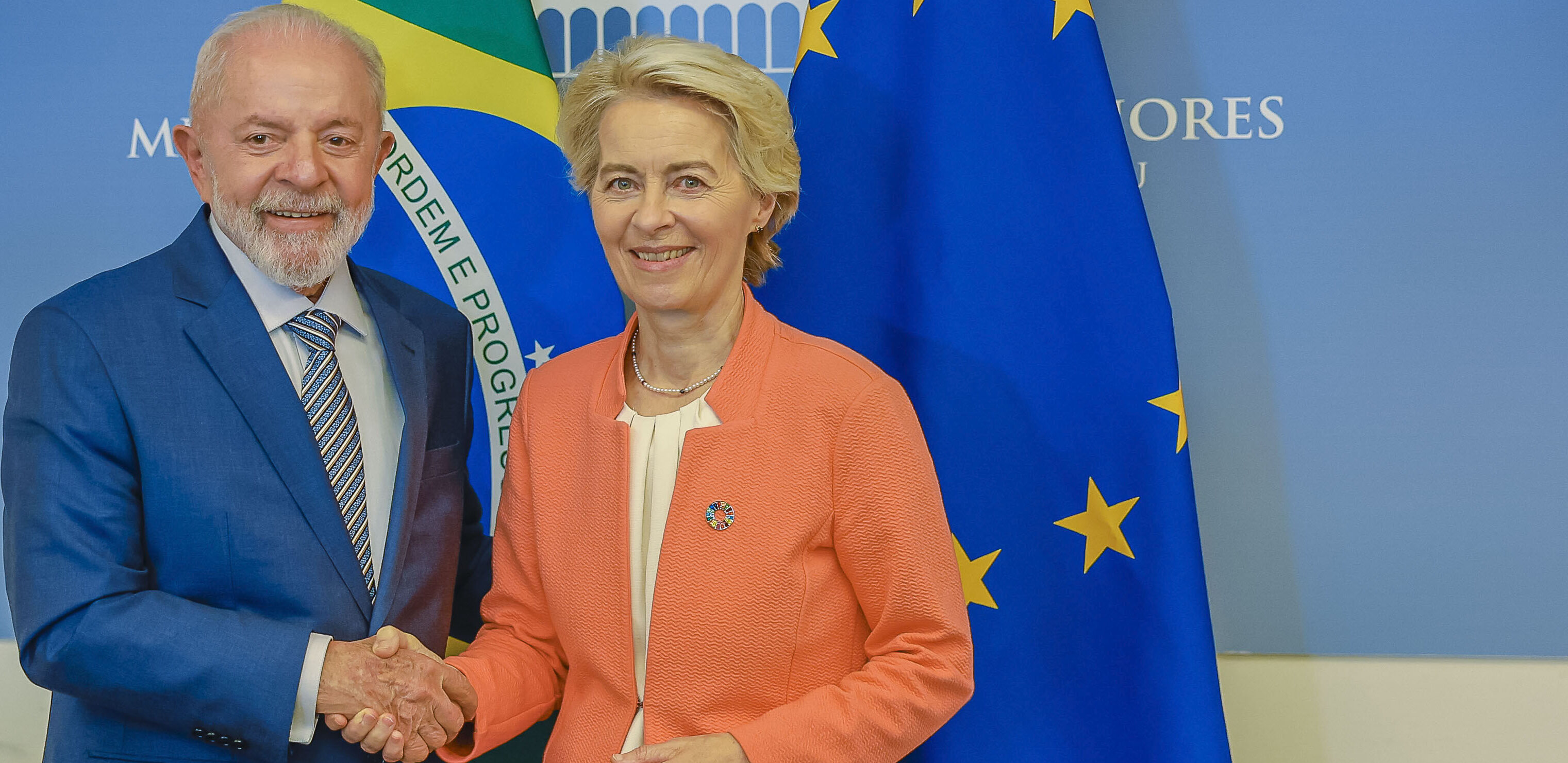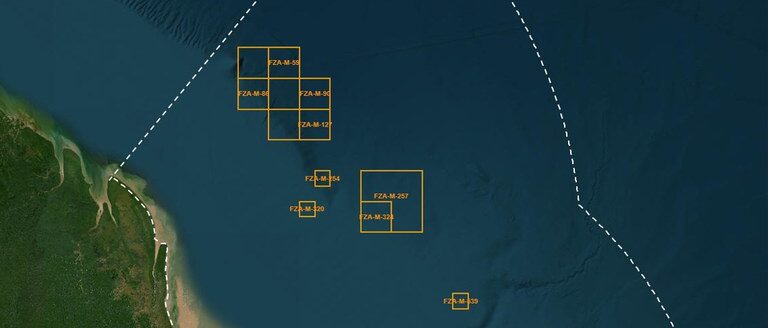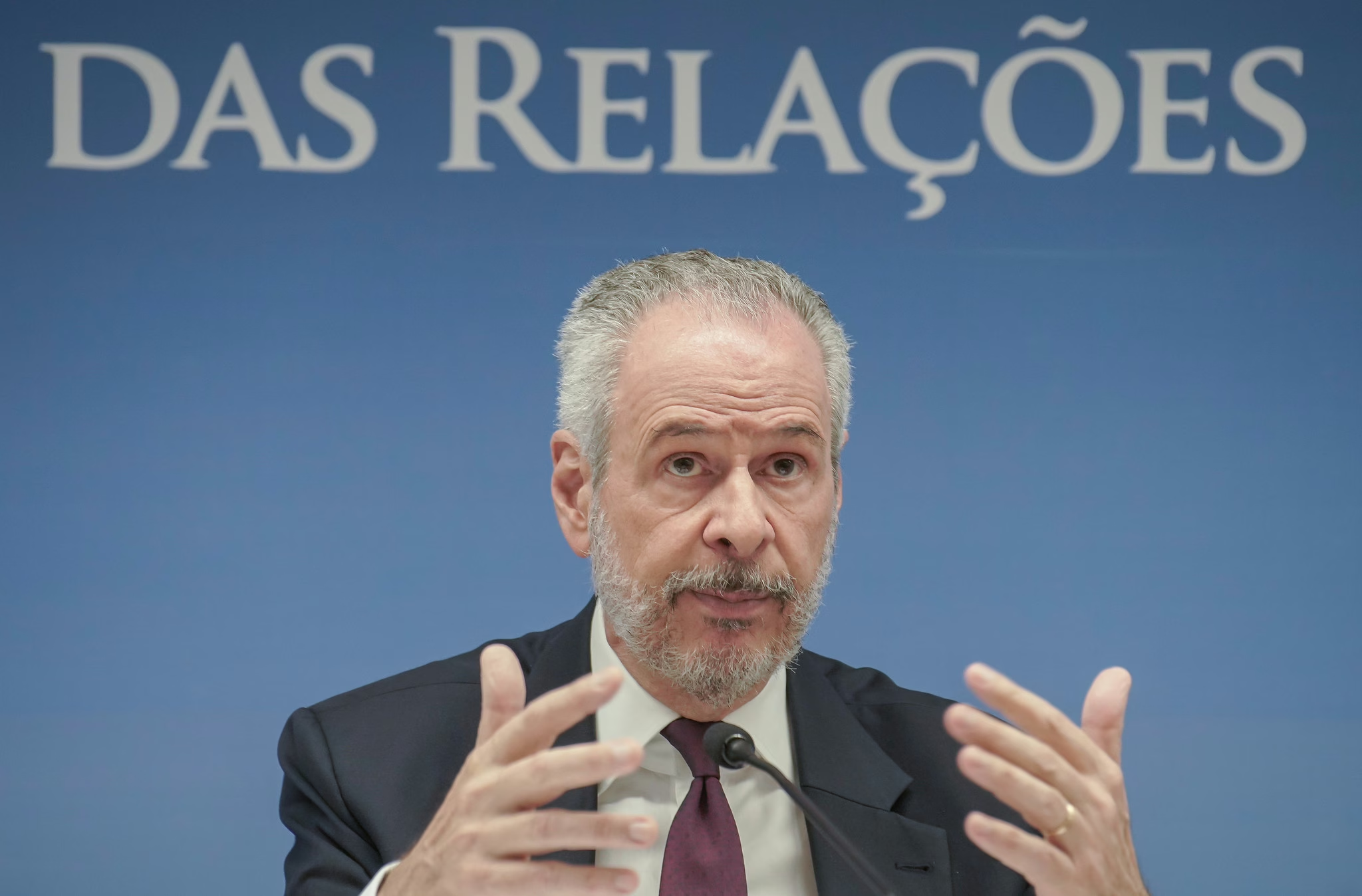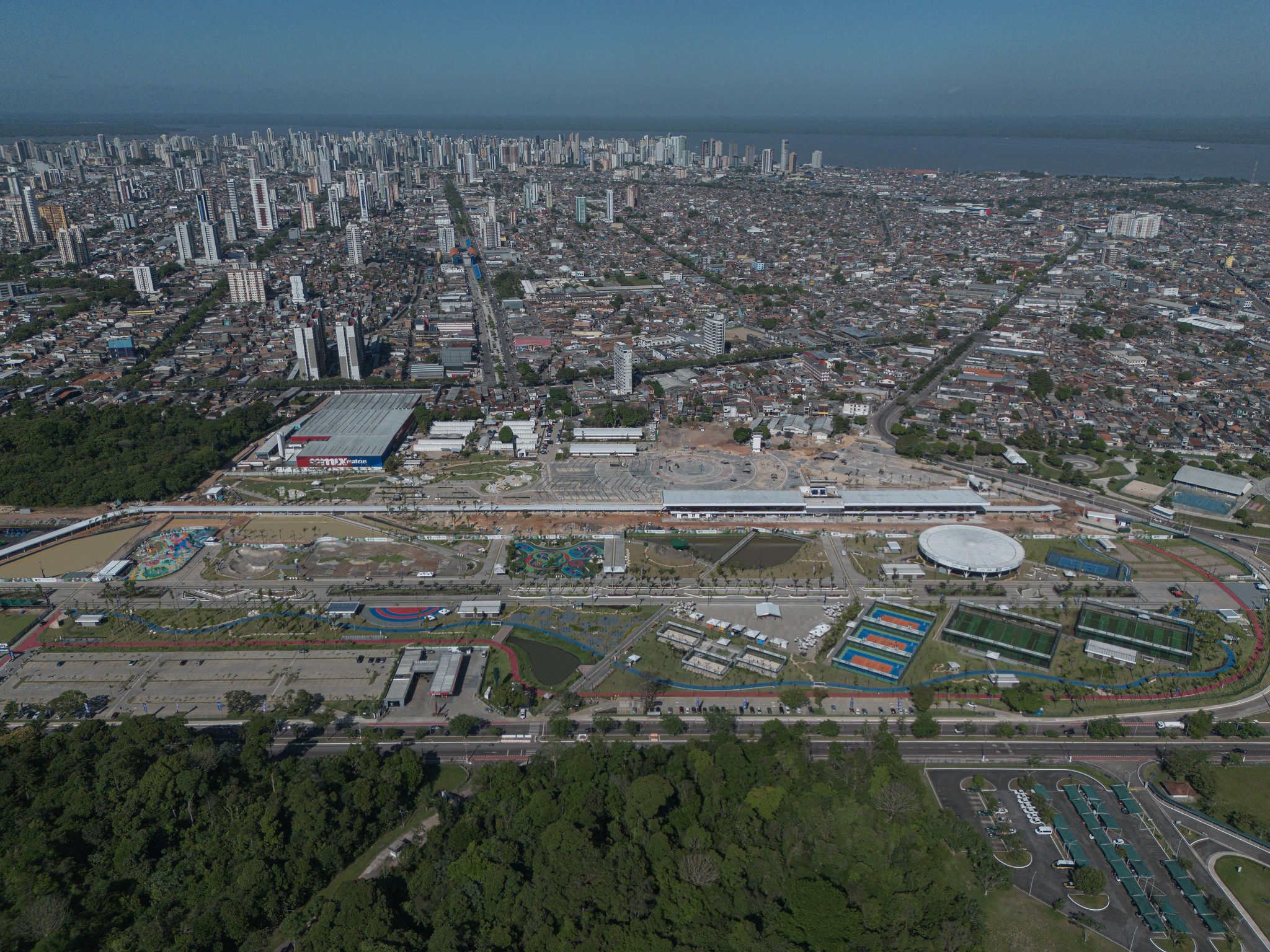The European Commission’s proposal to delay the entry into force of its anti-deforestation law (EUDR) by one year is a shameful about-face. Just days after telling the World Trade Organization that it would not delay the implementation of the law, the Commission caved in to pressure from the most backward sector of agriculture. At best, this move discredits the EU; at worst, the Commission risks throwing away three years of work in building and negociating the law, as both the European Parliament and the conservative-majority European Council now have the opportunity to weaken the EUDR to the point of rendering it ineffective.
At a time when South America roasts in the worst drought in decades and Brazil is being consumed by fires, Europe is deliberately giving up on an instrument that could help reduce pressure on natural ecosystems and carbon emissions from deforestation. For European consumers, the delay means continuing to put environmental crime on their plate. For forest destroyers in countries like Brazil, it sends a message that crime pays off. What’s at stake is not only reducing deforestation linked to commodities exported to Europe, but also serious human rights violations occurring in Indigenous territories and traditional communities, whose lands are being invaded and destroyed by predatory activities.
Since May this year, Brazilian civil society organizations have been urging the European Commission not to delay the implementation of the EUDR. In September, the Climate Observatory, in a letter to the Commission’s president, Ursula von der Leyen, denounced the Brazilian government’s move to delay the law on behalf of the agribusiness sector.
Several case studies have highlighted that commodity producers were already actively meeting the requirements. The application of the new regulation does not create unattainable technical demands but rather builds on transparency structures already established in many areas. Therefore, companies are not starting from scratch but rather leveraging existing operational elements.
This is even truer in the case of Brazil, whose pressure on the European Commission was decisive for the backslide on the EUDR. Brazil is a pioneer in monitoring natural ecosystems and land use (regularly conducted by INPE since 1988) and in public and private traceability initiatives for agricultural supply chains (done by the soy and cattle sectors in the Amazon since 2006 and 2009, respectively). Only 3% of properties registered in the Rural Environmental Registry experienced deforestation between 2019 and 2022. Thus, the vast majority of rural landowners in Brazil have nothing to lose from the EU legislation — on the contrary, they stand to gain market share over international competitors who engage in deforestation.
“As most of Brazilian territory is affected by smoke from fires in nearly all biomes, it is regrettable that the EUDR implementation is being delayed,” said Dinamam Tuxá, Executive Coordinator of the Articulation of Indigenous Peoples of Brazil (Apib). “We consider this regulation a fundamental tool for reducing deforestation in the country. This decision clearly demonstrates the influence of the agribusiness lobby in democratic decision-making processes, preventing countries from fulfilling their commitments under the Paris Agreement.”
“In places like the Brazilian Amazon, political signals often matter more than the policies themselves. And the signal the European Commission is sending with this delay is the worst possible,” said Mariana Lyrio, International Policy Advisor at the Climate Observatory. “There is an ongoing attempt to use the delay to gut the EUDR. EU member states and the European Parliament must not let this happen. We need more climate action on multiple fronts, not less.”
“Every second counts in the fight against deforestation, biodiversity loss, and climate change. The EU’s commitment and credibility are at stake. It is crucial that the European Commission ensures that this legislation does not undergo substantial changes that compromise its primary goal of protecting the environment and human rights,” said Guilherme Eidt, Policy and Advocacy Coordinator at the Society, Population and Nature Institute (ISPN).
* Translated to English with the use of AI, under human supervision.





